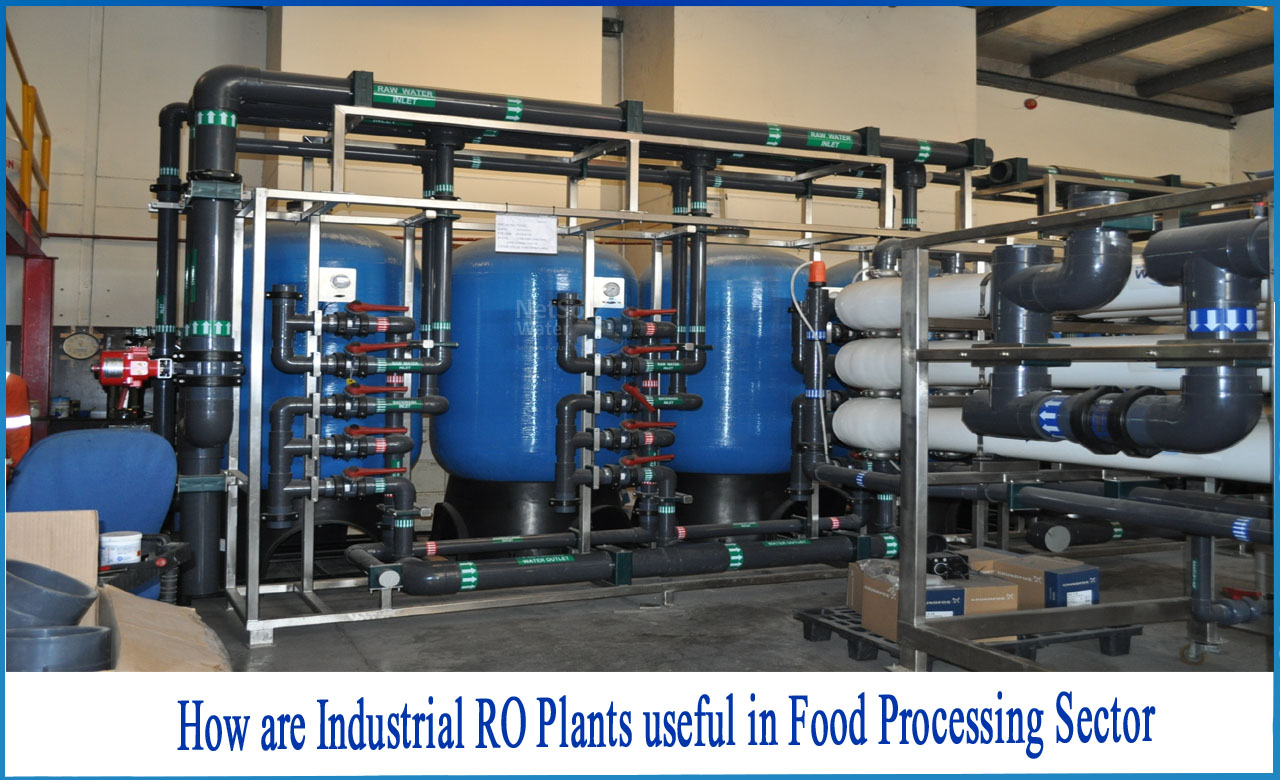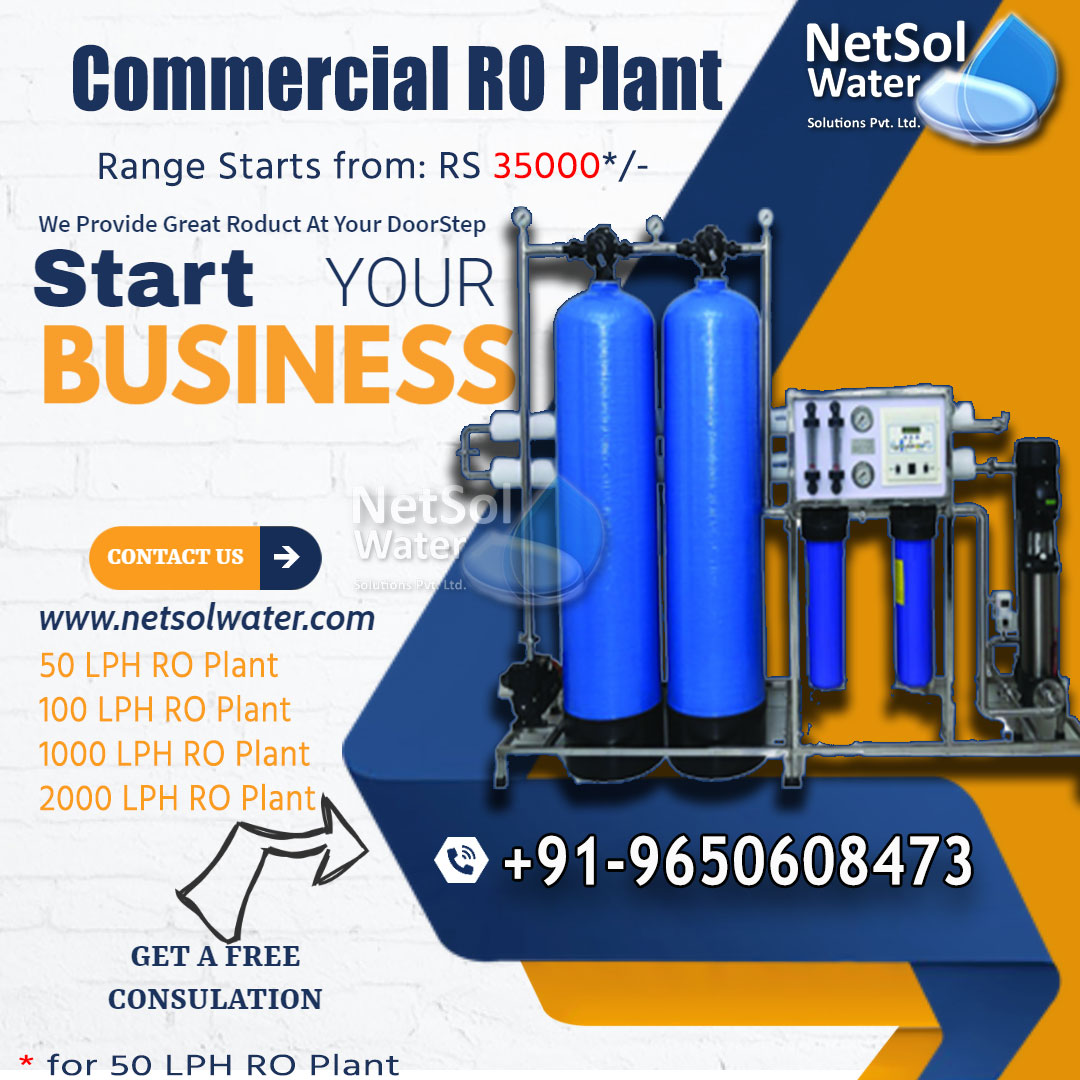What is Reverse Osmosis?
The process of filtering raw water through a system that removes contaminants is generally referred to as Reverse Osmosis. The method removes impurities using cutting-edge membranes rather than chemicals, resins, or ion exchange beds. It is a method of purifying incoming water so that it can be used for a variety of applications. However, it is a significant advantage for companies that produce consumable goods, such as brewers, beverages, dairy, and, particularly, the food industry.
Reverse osmosis filters are utilized in practically every industry and for almost every purifying function. It is even utilized in the home. Food processing is crucial since it directly affects people's health, hence it employs this technology of water purification in a variety of production tasks.
Application of Reverse Osmosis in different industries
The following in?dustries can benefit from RO:
i) Food & Beverage
ii) Automobiles
iii) Aerospace
iv) Pharmaceutical
v) Agriculture Finishing
vi) Industrial
How are Industrial RO plants useful in food processing sector?
Businesses in the food industry are well aware of the significance of water purity in terms of food safety and risk management. In most manufacturing applications, water is used to clean other machinery, process parts, manufacture consumables, wash off packing before items are placed, and more. Because water is such an important element of the food processing and must be completely safe to use, Reverse Osmosis (RO) is used to remove pathogens, organic bacteria, chemicals, TDS, and suspended particles. The food industry's potential applications for reverse osmosis are vast – and rising. Every year, reverse osmosis is becoming more widespread in food processing facilities.
Because the food and beverage business are so tightly regulated, water consumption is inherently high. Water is not only an important ingredient in food and beverages, but it is also necessary for upholding food safety regulations. It's also used to keep bad bacteria from spreading and endangering employees and customers.
Pathogens from meat and poultry must be adequately removed while the food is cooked, as they might spread to adjacent surfaces and kitchen equipment. Pure water is required for the sanitation of kitchen preparation areas in order to prevent bacteria from spreading to other locations where it could cause harm.
Businesses can save a lot of money in the long run by incorporating industrial RO systems into their manufacturing process.
Conclusion
Water is a critical component for food and beverage companies from raw materials to final goods. Our technologies and solutions at Netsol Water Solutions are designed to help address the industry's problems in treating utility, ingredient, and process wastewater for our beverage and food processing clients.
Bottom-line
Netsol, as water treatment experts, can help you with water reuse and conservation in your operations, as well as the optimization of existing water production and the design and building of new, energy-efficient, and environmentally friendly water treatment systems. Our products and solutions can provide the water your plant requires at every stage!
Let us know your problem, our experts will make sure that it goes away!




